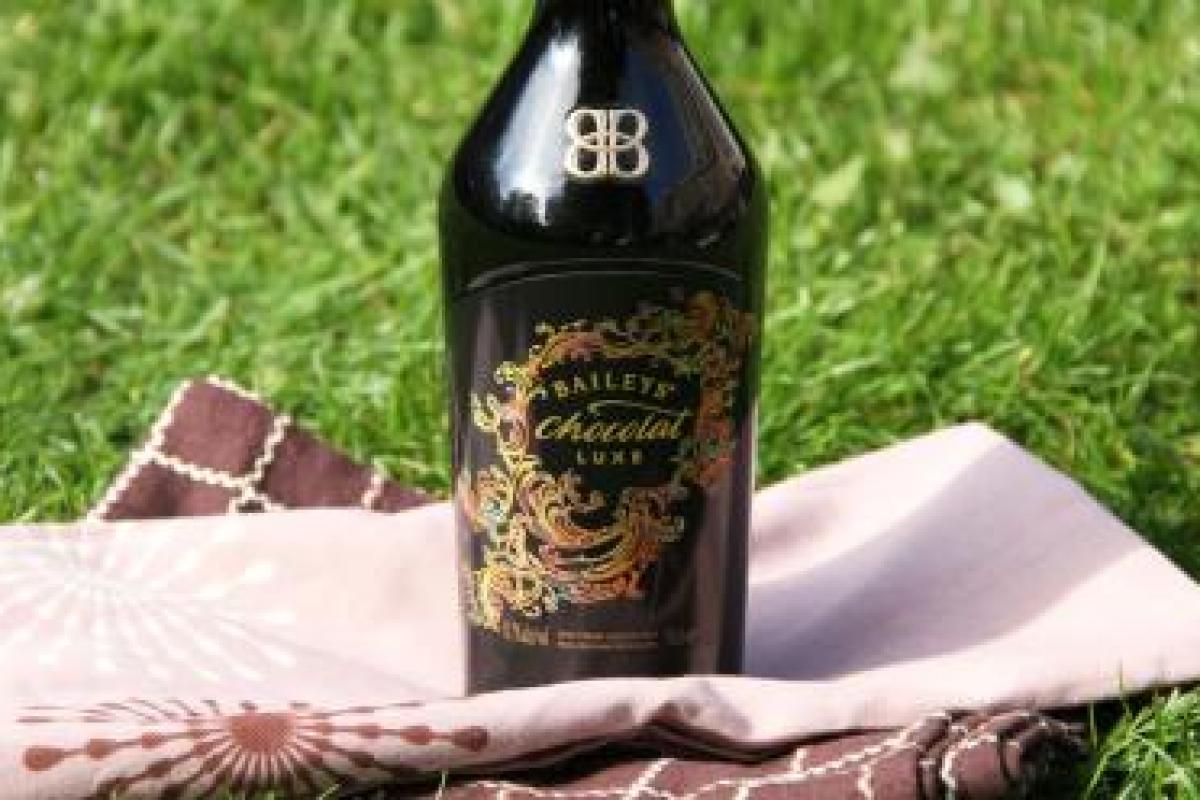With apologies to Edwyn Starr. As rhetoric goes, the opening line from the song ‘War’ is pretty definitive. There’s nothing good about war.
Just like there’s nothing bad about innovation, right?
Because of the visible sales effect it's often the favoured marketing lever of CMOs, CFOs and CEOs alike And no more so than in these economically challenged times. With innovation, you know what you get. There's none of the opacity associated with the ROI from other marketing activity. The sales figures tell all. The trouble is this can and often does lead to a 'Sell More Product' focus to innovation.
Now don't get me wrong, I'm not decrying a focus on sales; after all that's the point of marketing. But there's an important distinction between innovation that's designed to simply sell more product, and innovation that's designed to build brand value in a sustainable way. And I see too much of the former and not enough of the latter.
It's been four years since I left Cadbury, and I've studiously avoided commenting on the brand in that time. But enough is enough! Since the Kraft/Mondelez takeover, there's been a succession of new Cadbury products - Cadbury with Philadelphia, Oreo, Daim, and now Ritz and Lu (no, me neither.) Can you spot the pattern? Aside from the merits of each of these products, what does this say about the Cadbury brand? I'll tell you what it says: 'We're owned by an American Cheese and Biscuit company.' And in the process a once magical 'national treasure' is in danger of becoming a relegated to ingredient status, added to a (not so) random assortment of second-rate products, and seemingly unloved by the people making it.
Yet the irony is that Mondelez have spent millions through their Joyville campaign trying to create a Willy Wonka-esque world around the brand. But in classic fashion, they've made the mistake of thinking brand positioning and brand communication are one and the same, and have completely missed the point that this brand behaviour says anything but Joyville. It’s not so much Joyville as ‘Topline Synergy-Ville.’ These products might generate short-term sales, but they do absolutely nothing for the long-term health of the brand.
Conversely, in a category not a million miles away, there’s a great example of innovation that gives as much as it takes. Baileys Chocolat Luxe, launched in September last year, has been designed to generate strong incremental sales and enhance the reputation of the mother brand among 21st century women. It’s still early days, but the indications are that this is achieving these twin aims – particularly the latter. By putting the consumer first and focusing on their needs, the return on investment from strategic innovation like this is likely to be far greater than a stream of tactical product formulations.
At its best, innovation is a critical marketing lever. Innovation that is thoughtful, well designed, and enduring is central to brand longevity.
At its worst, it’s lazy marketing. The illusion of incremental sales delivered through thoughtless, ‘what the factory can make’ / ‘what other brands do we own’ product proliferation. I’m just glad Mondelez doesn’t own Calgon.
Read more from Phil in our Clubhouse.
